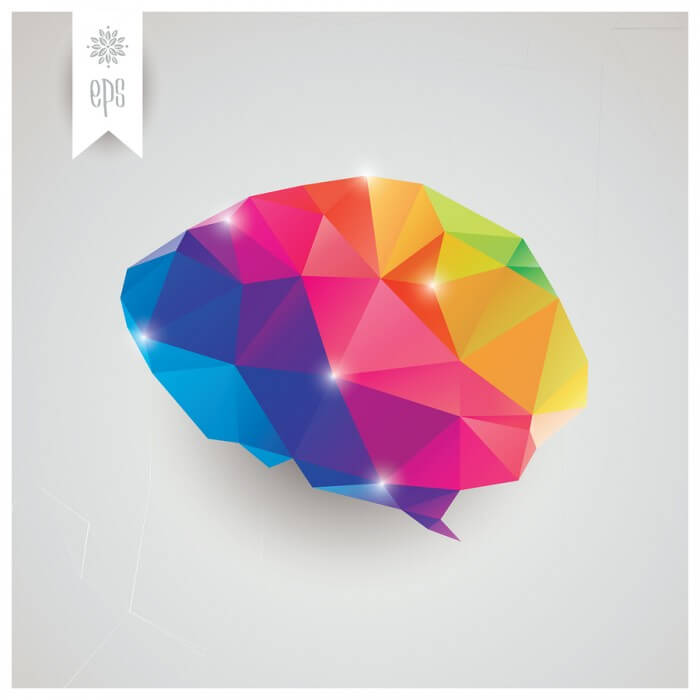 The human brain is a complex and advanced mechanism responsible for every part of our lives – including how we feel, how we think, whether we’re hungry and whether we like the taste of the foods we decide to eat. The brain makes our heart beat, our palms sweat and our eyes blink. Without the brain, we can’t learn, and we can’t experience emotion. We can’t even breathe.
The human brain is a complex and advanced mechanism responsible for every part of our lives – including how we feel, how we think, whether we’re hungry and whether we like the taste of the foods we decide to eat. The brain makes our heart beat, our palms sweat and our eyes blink. Without the brain, we can’t learn, and we can’t experience emotion. We can’t even breathe.
Marijuana changes the human brain and makes some of these tasks more difficult, according to the National Institute on Drug Abuse. The brain is made up of several parts, including neurons and synapses. The synapse is a free space between two neurons. Each neuron has the ability to release brain chemicals called neurotransmitters. They also have receptors to receive the messages contained in the neurotransmitter.
The chemical composition of marijuana is very similar to the chemical composition of normally occurring neurotransmitters. When someone smokes marijuana, or abuses it in some other way, the THC (delta-9-tetrahydrocannabinol) impersonates the brain’s natural cannabinoids. Research shows that THC is incredibly similar to anandamide, for instance, which is the brain chemical that is responsible for regular functioning in the brain and development of the human psyche.
Each type of brain chemical will only attach to, or be received by, receptors designed for a specific function. For instance, opioid-based pain medication such as Lortab will affect opioid receptors. Marijuana only affects those neurons that contain cannabinoid receptors. Most of these receptors are located in the part of the brain that deals with certain actions or functions of the brain, such as:
- The ability to think clearly and make decisions
- Memory development
- Pleasure
- The realistic perception of time and surroundings
- Hand, eye and body coordination
Long-Term Effects of Marijuana on the Brain
An Australian study, published by US News, puts the perspective on the dangers of marijuana abuse as it relates to brain function over the long-term. According to their research, using marijuana on a daily basis for more than 10 years can result in significant problems with tasks we take for granted every day. For instance, the ability to learn new information, even when one is not actively engaging in marijuana use. The researchers also found that two important parts of the brain are physically smaller in chronic marijuana users than in those individuals who have not used the drug.
The first part of the brain that “shrinks” due to marijuana abuse is the amygdala. The amygdala performs the crucial function of emotional response. Because of this part of the brain, we can experience fear, for instance, and we can sense other people’s fear.
The other part of the brain that is noticeably smaller in those who partake regularly of marijuana is the hippocampus, which is charged with the tasks of learning and memory. Some studies have found that consistent abuse of marijuana can lead to depression, as well. This is significant because a research study on depression published by the National Institutes of Health found that those individuals who suffer from depression have a smaller hippocampus than their non-suffering counterparts. The University of Washington has published information that addresses this issue as well, stating that the long-term abuse of marijuana is a warning sign of future depression.
Abuse of Marijuana to Self-Medicate for Mental Illness
The National Institute on Drug Abuse has indicated that many individuals who suffer from drug abuse and the disease of addiction may also have co-occurring, sometimes non-diagnosed, mental conditions that have either predicated the use of drugs or developed as a result of the abuse. In fact, if someone has a mood disorder, like depression, or an anxiety disorder, such as post-traumatic stress disorder, has roughly double the likelihood that drug abuse will turn into addiction.
For someone who is using marijuana regularly, the question of why it is not a good idea to do so can become lost. They “feel better” when they use drugs. They “feel normal.” They may not realize the detrimental effects on their lives because they are clouded in their thinking and judgment due to their habitual use of marijuana or other substances. The more they abuse marijuana, the further they travel from reason and their chances to mitigate the damage and repair the problems in their lives.
Family support and encouragement, together with a determination to help an individual begin a recovery program can make all the difference. It isn’t necessarily easy to broach the subject of drug abuse and addiction with someone you love, however. Arming yourself with information and knowing that your loved one will have a place to begin their treatment as quickly as possible can help. Call Axis today to find out the best ways to deal with someone in your life who is consistently abusing marijuana – even if that person is you.


